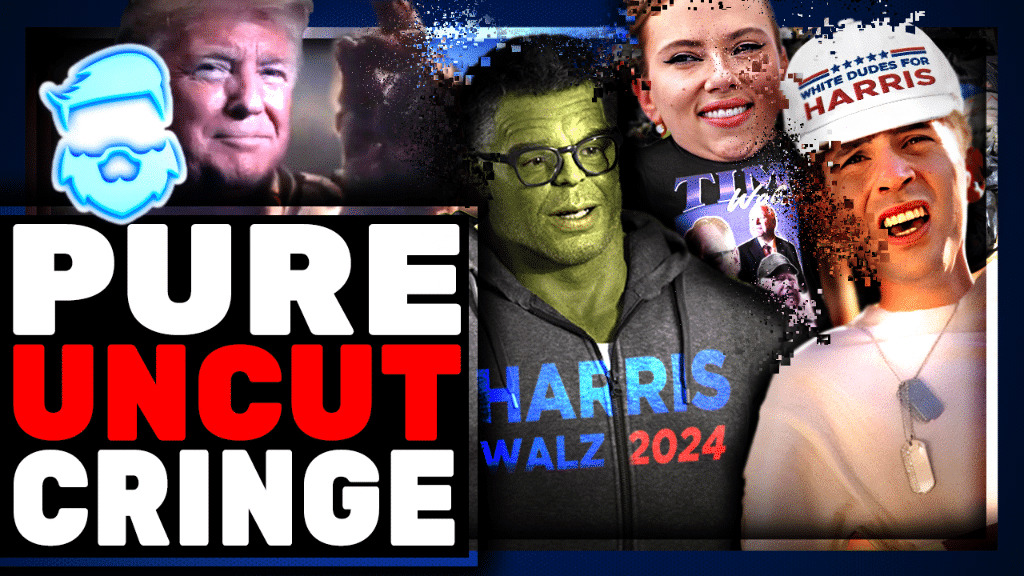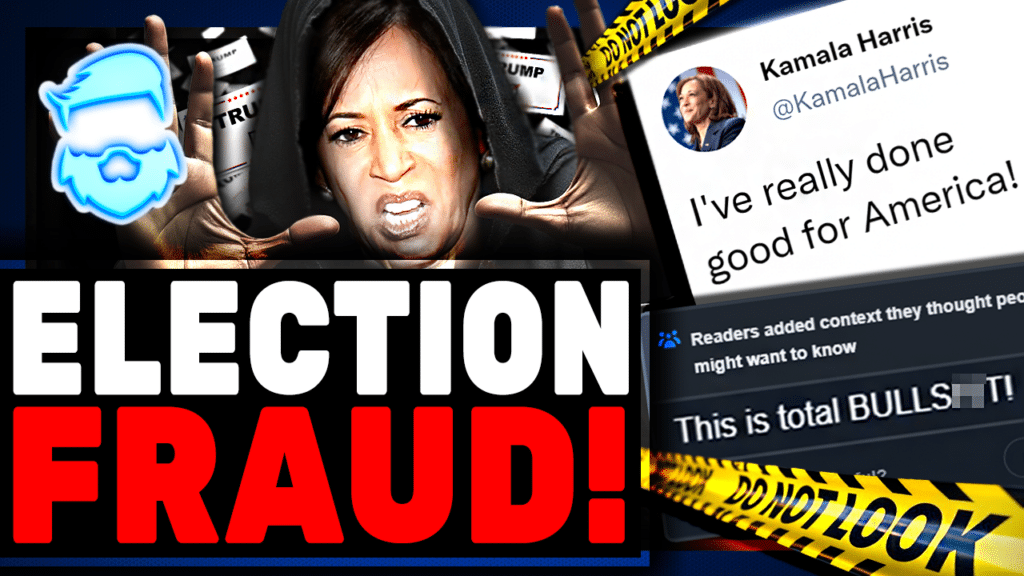Parents beware: Many YouTube channels that are wildly popular with young children are targeting them with thinly veiled ads for sugary beverages and junk food.
That is the conclusion of a new study published on Monday in the journal Pediatrics. The authors of the study analyzed over 400 YouTube videos featuring so-called kid influencers — children with large social media followings who star in videos that show them excitedly reviewing toys, unwrapping presents and playing games. The study found that videos in this genre, which attract millions of young followers and rack up billions of views, were awash in endorsements and product placements for brands like McDonald’s, Carl’s Jr., Hershey’s, Chuck E. Cheese and Taco Bell.
About 90 percent of the foods featured in the YouTube videos were unhealthy items like milkshakes, French fries, soft drinks and cheeseburgers emblazoned with fast food logos. The researchers said their findings were concerning because YouTube is a popular destination for toddlers and adolescents. Roughly 80 percent of parents with children 11 years old or younger say they let their children watch YouTube, and 35 percent say their children watch it regularly.
A spokeswoman for YouTube, citing the age requirement on its terms of service, said the company has “invested significantly in the creation of the YouTube Kids app, a destination made specifically for kids to explore their imagination and curiosity on a range of topics, such as healthy habits.” She added, “We don’t allow paid promotional content on YouTube Kids and have clear guidelines which restrict categories like food and beverage from advertising on the app.”
Young children are particularly susceptible to marketing. Studies show that children are unable to distinguish between commercials and cartoons until they are 8 or 9 years old, and they are more likely to prefer unhealthy foods and beverages after seeing advertisements for them.
Experts say it is not just an advertising issue but a public health concern. Childhood obesity rates have skyrocketed in recent years: Nearly 20 percent of American children between the ages of 2 and 19 are obese, up from 5.5 percent in the mid 1970s. Studies have found strong links between junk food marketing and childhood obesity, and experts say that children are now at even greater risk during a pandemic that has led to school closures, lockdowns and increased screen time and sedentary behavior. The new findings suggest that parents should be especially wary of how children are being targeted by food companies on social media.

















